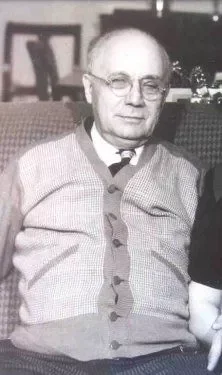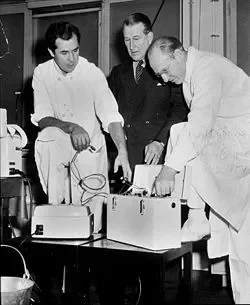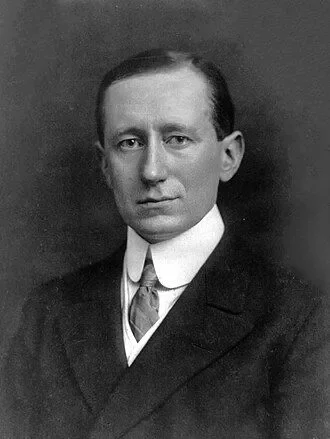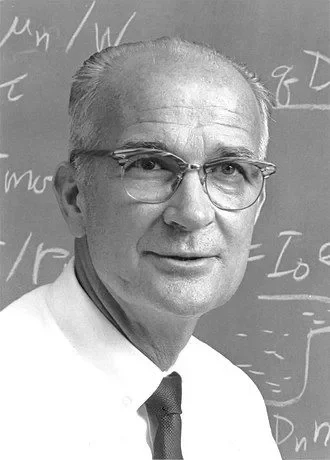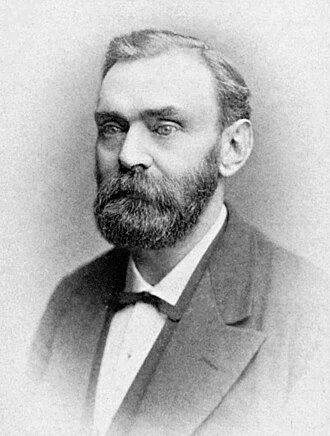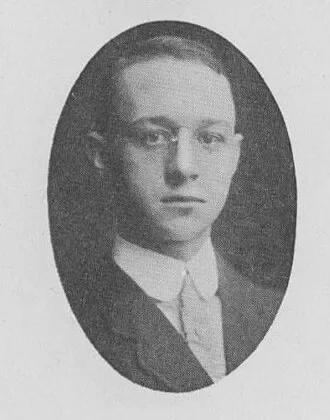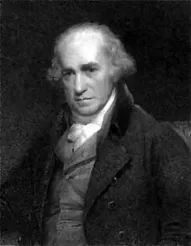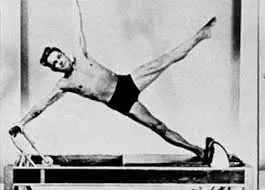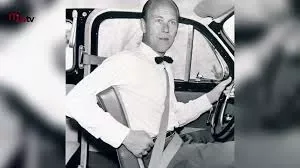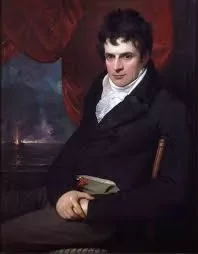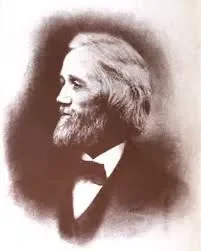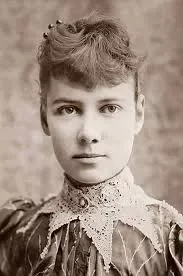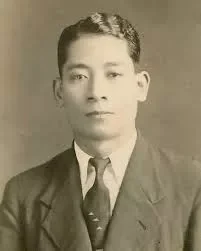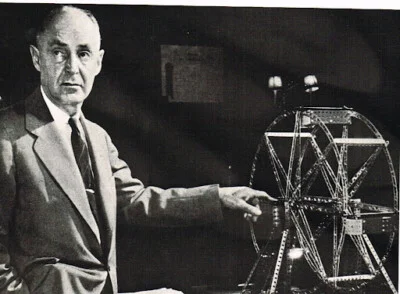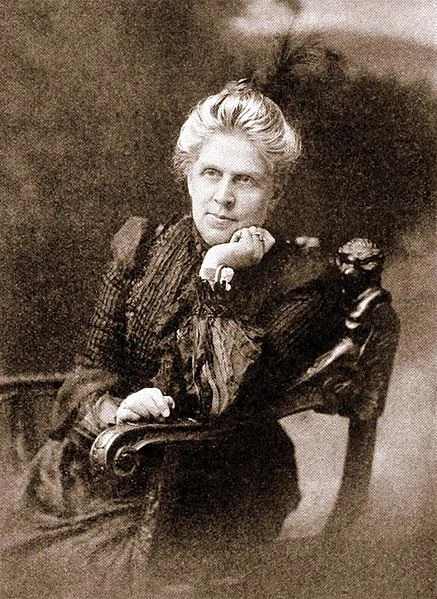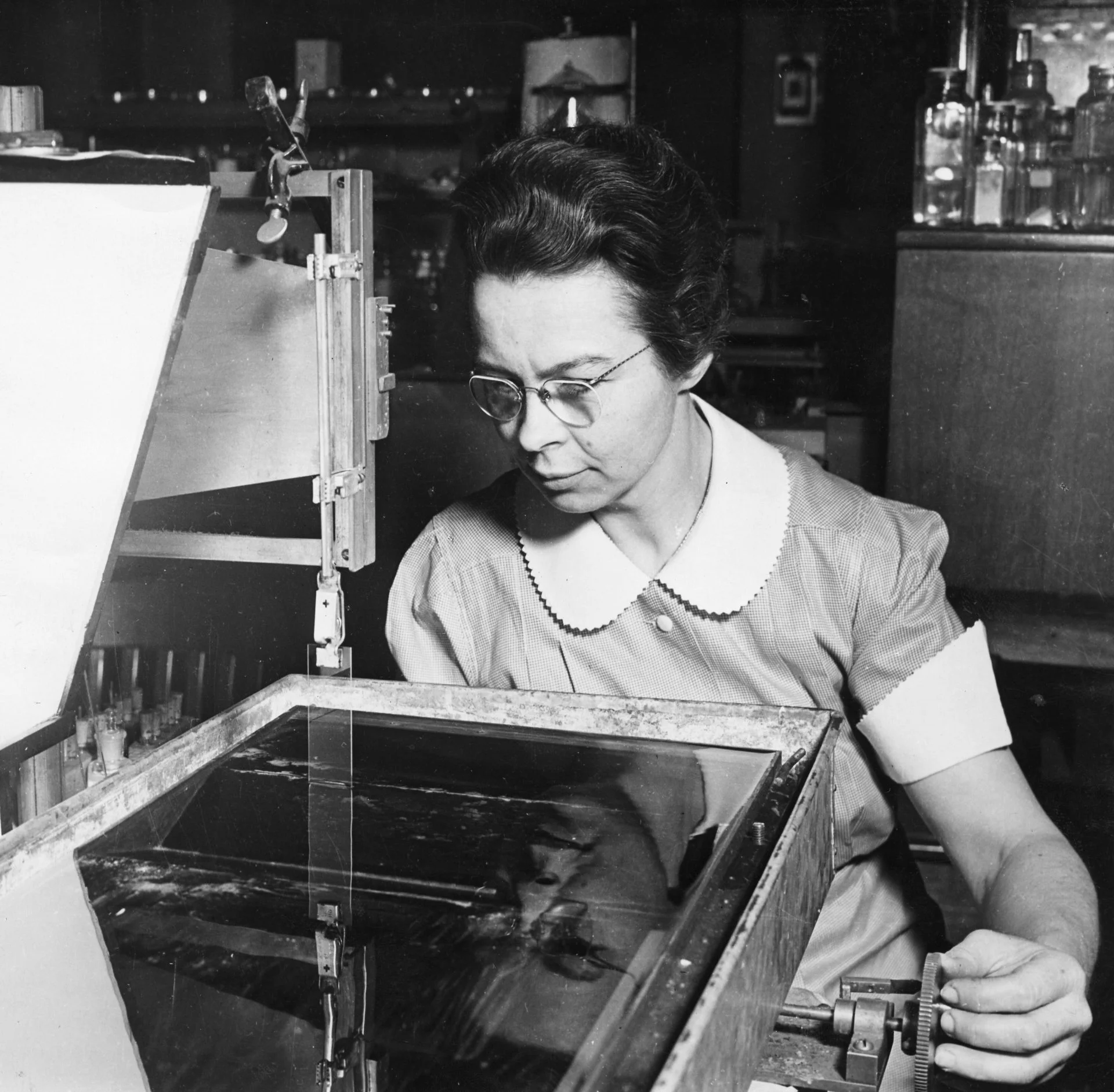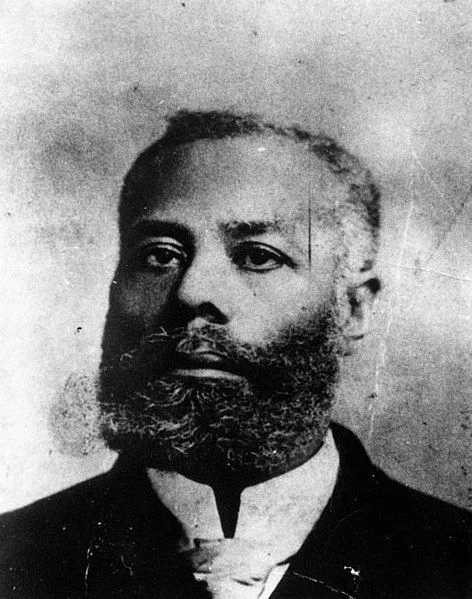Real Celebrities Never Die!
OR
Search For Past Celebrities Whose Birthday You Share
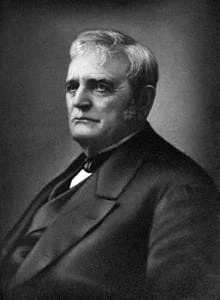
source:wikimedia.org
John Deere
Birthday:
07 Feb, 1804
Date of Death:
17 May, 1886
Cause of death:
Natural causes
Nationality:
American
Famous As:
Blacksmith
Age at the time of death:
82
John Deere's Quote's
Introduction to John Deere and His Legacy
John Deere was a visionary blacksmith, inventor, and businessman whose innovations revolutionized agriculture in America. As the founder of Deere and Company, he created one of the largest and most successful agricultural and construction equipment manufacturers in the world.
Early Life and Education
Deere was born on February 7, 1804, in Rutland, Vermont, the third son of William Rinold Deere, a merchant tailor, and Sarah Yates. From an early age, Deere displayed a keen interest in mechanics and craftsmanship. He briefly attended Middlebury College but left at 17 to apprentice with Captain Benjamin Lawrence, a successful blacksmith in Middlebury. By 1826, Deere completed his apprenticeship and began his blacksmith trade.
Move to Illinois and Early Career
In the late 1820s, Deere married Demarius Lamb, and together they had nine children. Despite early business struggles in Vermont, economic difficulties prompted Deere to seek better opportunities. In 1836, he moved to Illinois, following his business associate Leonard Andrus, in search of a fresh start. Settling in Grand Detour, Illinois, Deere quickly found work due to the scarcity of blacksmiths in the area.
The Invention of the Steel Plow
It was in Grand Detour that Deere made his groundbreaking discovery. The tough prairie soil of Illinois proved challenging for the cast-iron plows traditionally used by farmers. Drawing on his experience polishing needles in his father’s tailor shop, Deere envisioned a plow made from highly polished steel that could easily cut through prairie soil. In 1837, he developed the first commercially successful cast-steel plow.
Business Growth and Expansion
The success of Deere’s steel plow was immediate. By 1838, he sold his first steel plow to a local farmer, and demand rapidly grew. By 1841, Deere was producing 75 to 100 plows annually. To meet increasing demand, Deere partnered with Leonard Andrus in 1843 to expand production, but their partnership was fraught with difficulties. In 1848, Deere dissolved the partnership and moved to Moline, Illinois, a transportation hub on the Mississippi River, which enabled him to expand his business significantly.
Commitment to Quality and Innovation
Deere’s commitment to quality became the hallmark of his company. He famously declared, “I will never put my name on a product that does not have in it the best that is in me.” By 1855, Deere’s factory was selling over ten thousand plows annually, earning him the nickname “The Plow that Broke the Plains.” His invention played a crucial role in transforming American agriculture, making farming more efficient and productive.
Formation of Deere and Company
As Deere’s business grew, he handed over day-to-day operations to his son, Charles. In 1868, Deere incorporated his business as Deere and Company, laying the foundation for the global corporation it would become. The company continued to innovate, expanding its product range and solidifying its reputation as a leader in agricultural equipment.
Civic and Political Engagement
In his later years, John Deere gradually shifted his focus to civic and political affairs. He served as the president of the National Bank of Moline, a director of the Moline Free Public Library, and a trustee of the First Congregational Church. Deere also served as Moline’s mayor for two years, though he declined a second term due to health issues.
Death and Legacy
John Deere spent his final years in Moline, where he passed away at his home, Red Cliff, on May 17, 1886, at the age of 82. Deere’s most notable invention, the steel plow, transformed farming practices and earned him a lasting legacy in the agricultural industry.
Name:
John Deere
Popular Name:
John Deere
Gender:
Male
Cause of Death:
Natural causes
Spouse:
Place of Birth:
Rutland, Vermont, USA
Place of Death:
Moline, Illinois, USA
Occupation / Profession:
Personality Type
Logistician: Practical and fact-minded individuals, whose reliability cannot be doubted. John Deere was practical, determined, and focused on solving real-world problems with his innovative yet grounded approach to farming equipment, especially his development of the steel plow.
Deere’s self-scouring steel plow was created after observing that cast-iron plows didn’t work well in the sticky soil of the Midwest.
His plow revolutionized agriculture, especially for Midwest farmers.
John Deere never lived to see the widespread industrial success of his company’s tractors and combines
The green and yellow John Deere color scheme has become iconic worldwide.
Deere & Company became one of the leading agricultural equipment manufacturers worldwide.
Founded Deere & Company in 1837.
His invention transformed farming by allowing farmers to work more efficiently on tough Midwestern soil.
Invented the first self-scouring steel plow in 1837.

